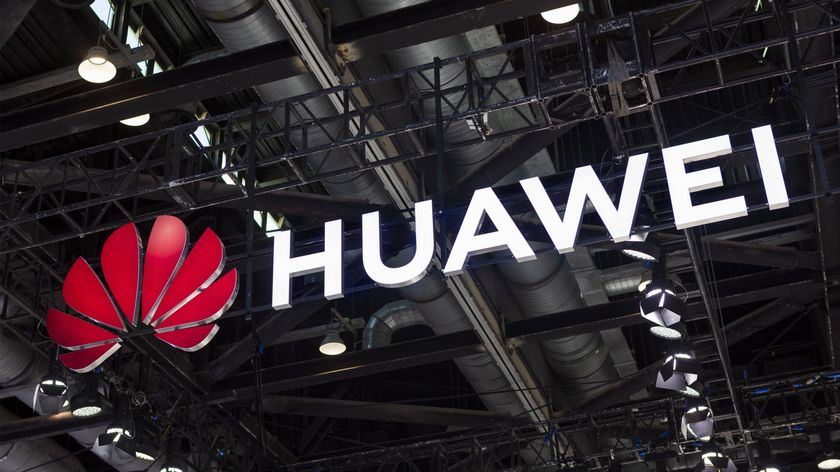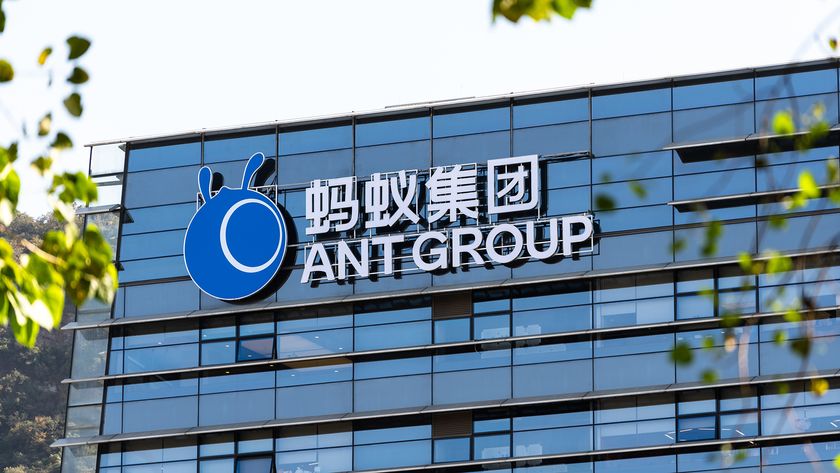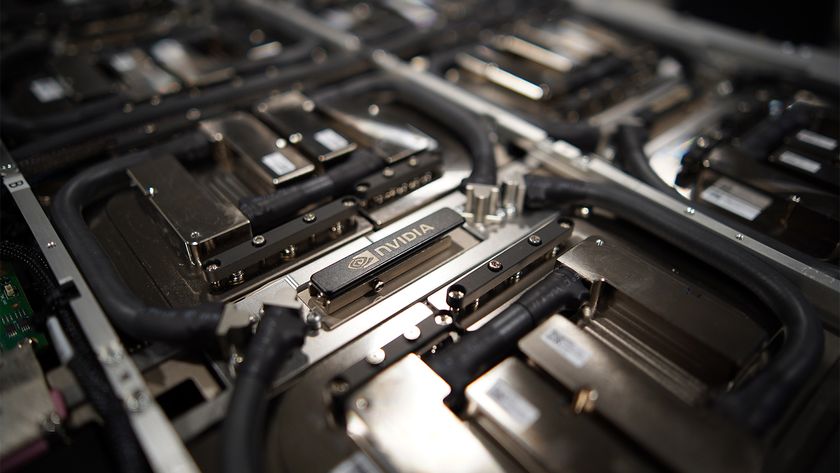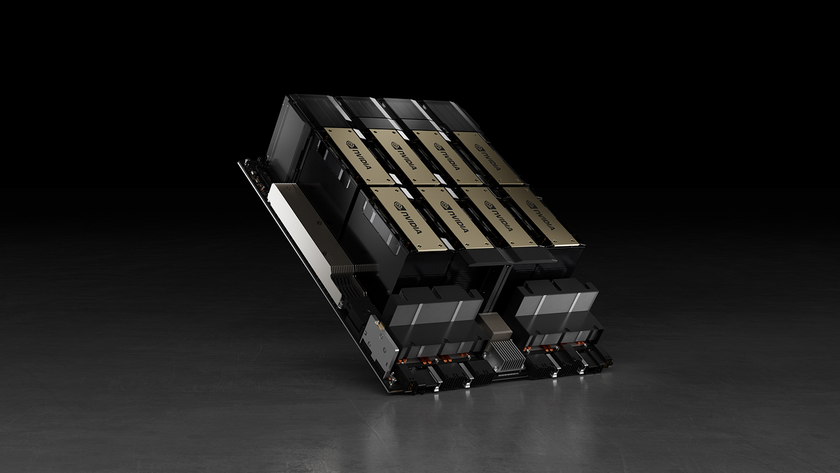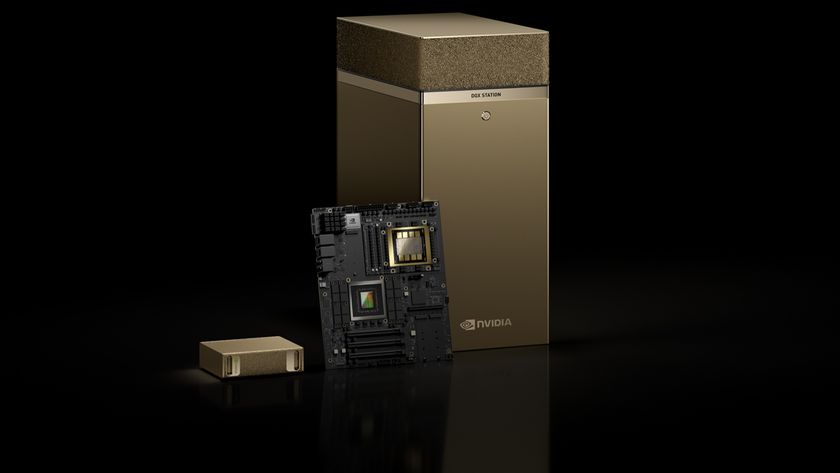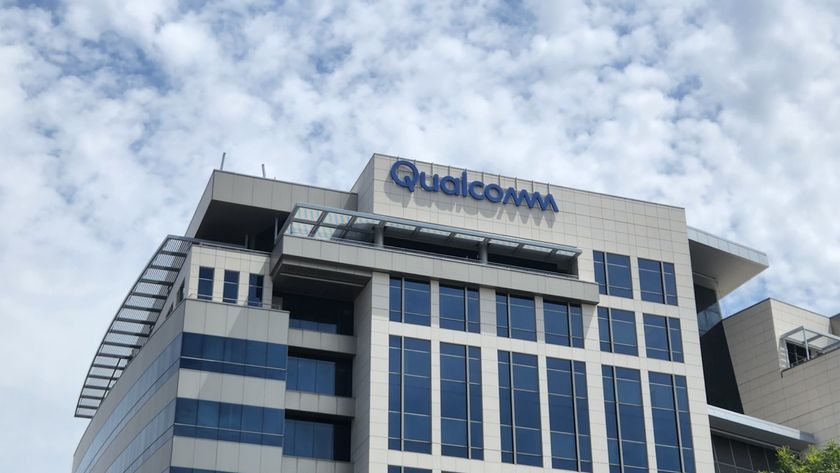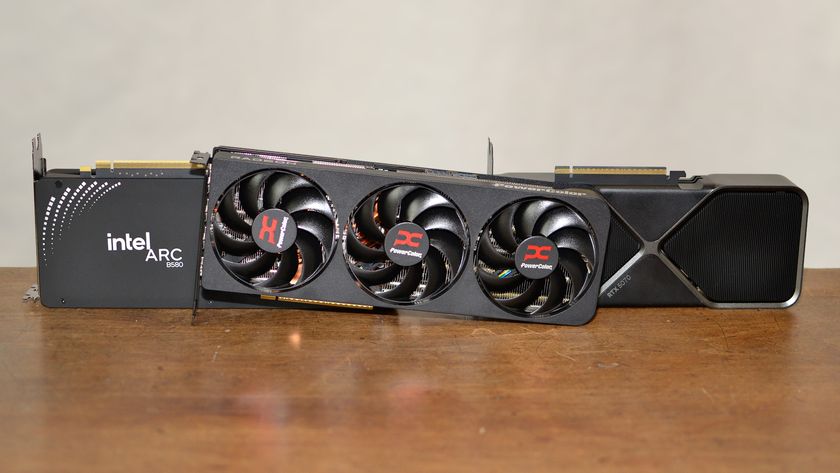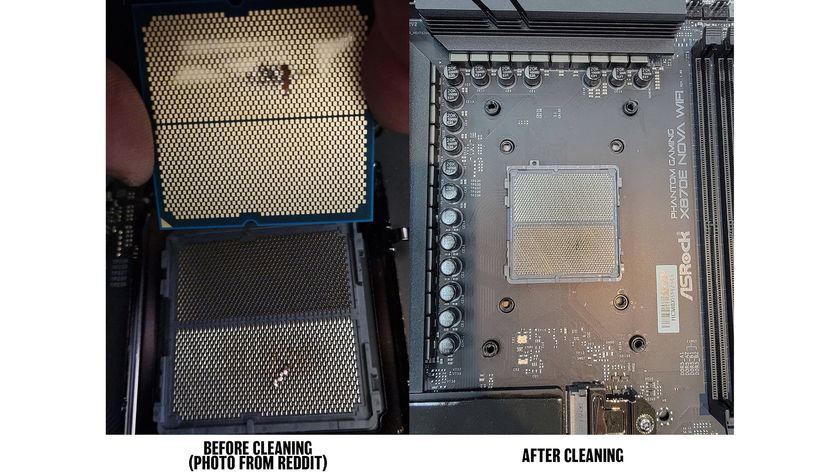State-owned China Telecom has trained domestic AI LLMs using homegrown chips — one model reportedly uses 1 trillion parameters
Two home-grown AI LLMs probably trained with Ascend AI chips
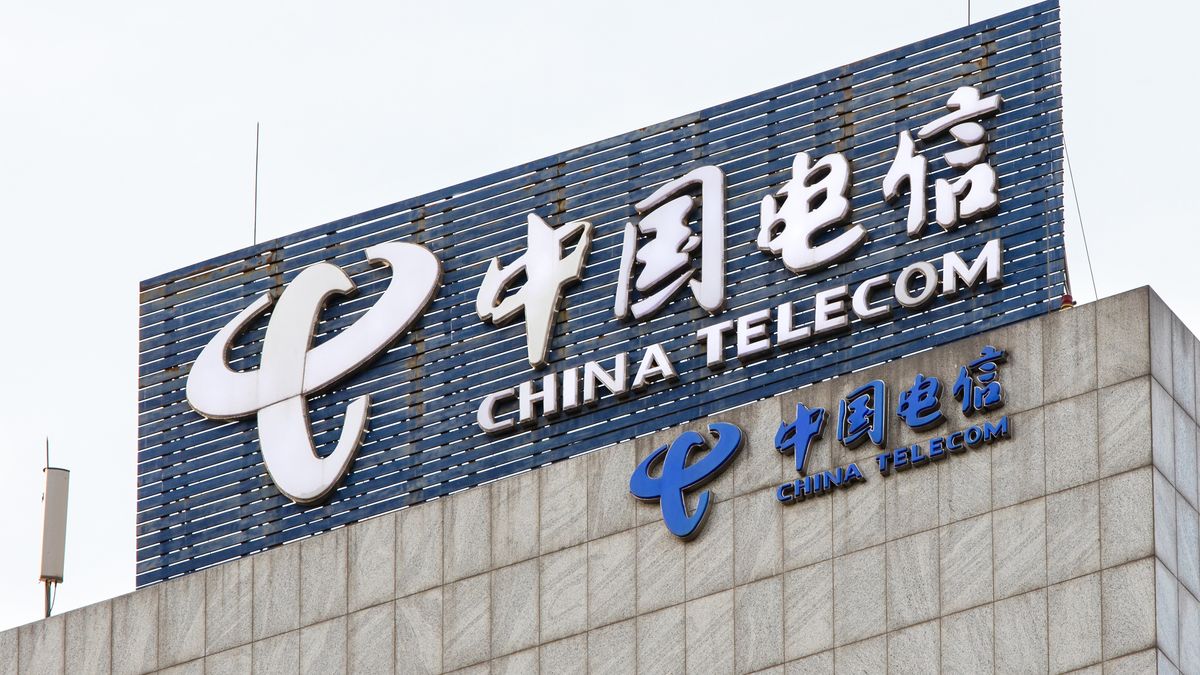
China Telecom, one of the largest wireless carriers in mainland China, says that it has developed two large language models (LLMs) relying solely on domestically manufactured AI chips. The state-owned company did not disclose the chips that it used for training the LLMs, but the South China Morning Post said that China Telecom has previously announced that it will be using Huawei Ascend AI chips for LLM training. So, it makes sense for the telecom giant to use Huawei’s processors for its groundbreaking AI.
If the information is accurate, this is a crucial milestone in China’s attempt at becoming independent of other countries for its semiconductor needs, especially as the U.S. is increasingly tightening and banning the supply of the latest, highest-end chips for Beijing in the U.S.-China chip war.
Huawei, which has mostly been banned from the U.S. and other allied countries, is one of the leaders in China’s local chip industry. It has been working hard to develop its AI chip with its Ascend line. It currently offers the Huawei Ascend 910B, although recent reports say that the company is now sending samples of its successor, the Ascend 910C, to customers for testing.
Aside from this, Beijing is increasingly urging companies to stay away from Nvidia’s AI chips and buy locally instead. This comes when there are rumors that the U.S. plans to sanction the Nvidia H20, the company’s most potent accelerator, which accelerator that has so far been compliant with Washington’s bans. So, Huawei is in a position to take over the vacuum that Nvidia will leave if it cannot create GPUs that will satisfy China’s demands and America’s regulations.
If China Telecom’s LLMs were indeed fully trained using Huawei chips alone, then this would be a massive success for Huawei and the Chinese government. After all, the former said that it would continue making progress in AI chips despite all the bans and sanctions that the U.S. has applied to the East Asian country. It would also show that Beijing’s investments in semiconductor technology are bearing fruit, proving Xi Jin Ping’s announcement — that China does not need ASML to progress — true.
Stay On the Cutting Edge: Get the Tom's Hardware Newsletter
Get Tom's Hardware's best news and in-depth reviews, straight to your inbox.

Jowi Morales is a tech enthusiast with years of experience working in the industry. He’s been writing with several tech publications since 2021, where he’s been interested in tech hardware and consumer electronics.
